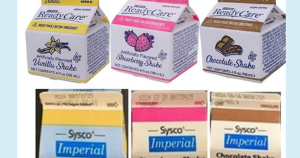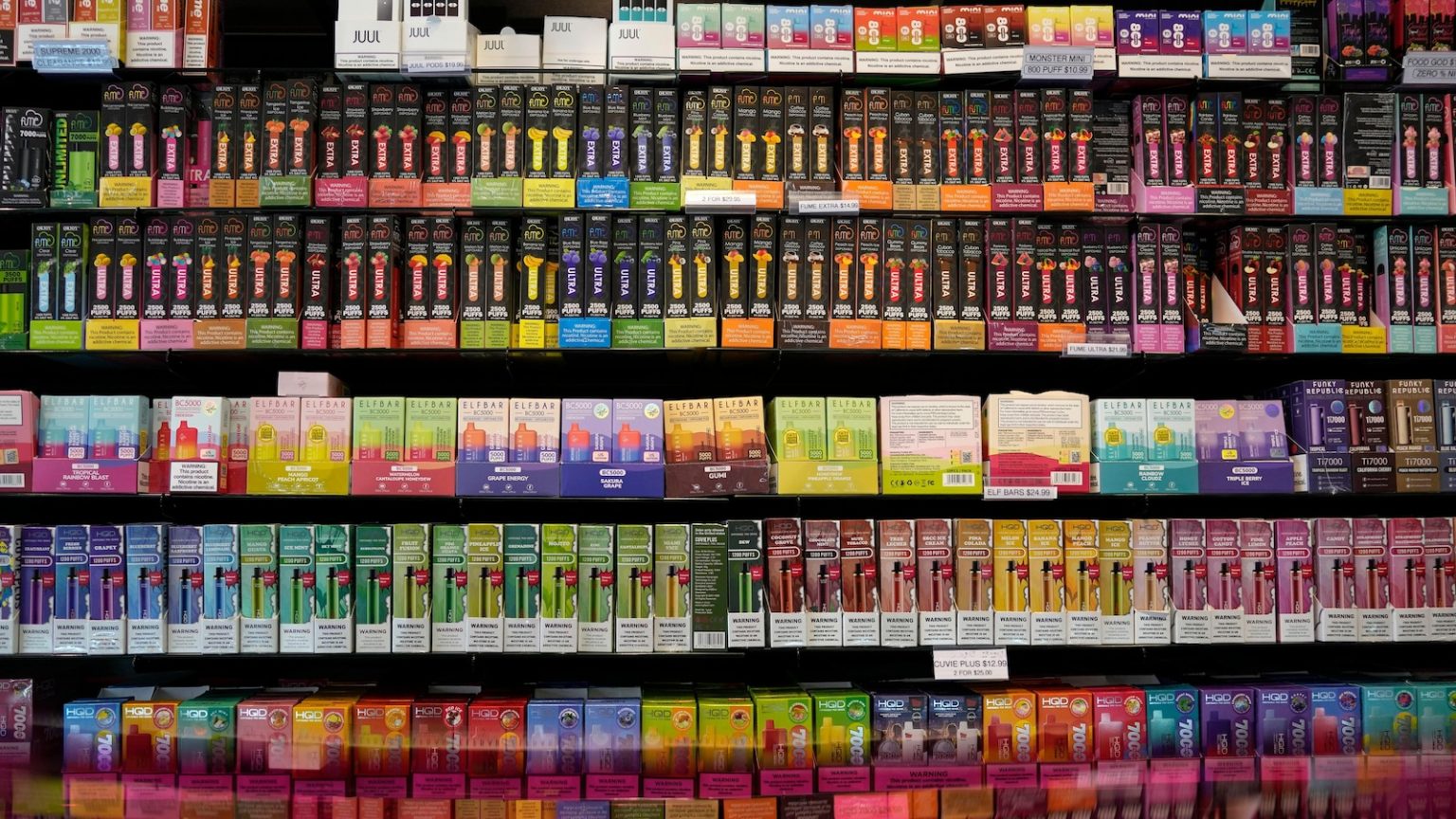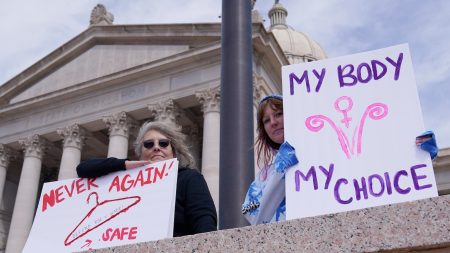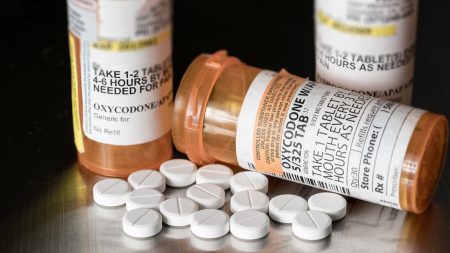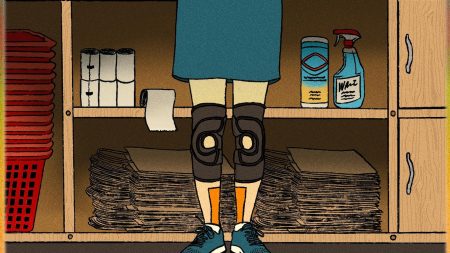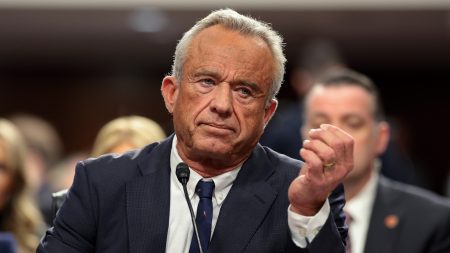New York’s Bold Move Against E-Cigarette Distributors: A Fight for Public Health
New York State has taken a significant step in its ongoing battle against the vaping industry, filing a lawsuit against some of the largest distributors of electronic cigarettes in the country. In a press conference held on Thursday, Attorney General Letitia James announced the legal action, which aims to hold these companies accountable for violating state laws. The lawsuit specifically targets the distribution of flavored e-cigarettes, particularly those with fruit and candy flavors, which are known to appeal to children and teenagers. By focusing on the middlemen—companies that supply these products to convenience stores and gas stations across the state—New York is taking a different approach compared to previous litigation, which primarily targeted manufacturers like Juul Labs.
The Rise of Disposable Vapes: A New Wave in Teen Vaping
While Juul was once the face of the teen vaping crisis, its popularity has waned in recent years, especially after the company stopped selling flavored products in 2019. Today, a new generation of vaping devices has taken its place: disposable e-cigarettes like Puff Bar and Elf Bar. These products, often made in China, have become the go-to choice for high school and middle school students. Despite their popularity, none of these devices have been approved by federal health regulators. Many are shipped into the U.S. under misleading labels, such as “batteries” or “cell phones,” to avoid detection. The lack of regulation and oversight has allowed these products to flood the market, contributing to the ongoing challenge of teen vaping.
Unveiling the Lawsuit: Evidence and Accusations
The nearly 200-page legal complaint filed by the state of New York paints a damning picture of widespread illegal activity. It includes documents and photos that highlight how flavored vapes are being shipped illegally to New York. The brightly colored devices, which resemble soft drinks and candy, come in enticing flavors such as “fruity bears freeze,” “cotton candy,” and “strawberry cereal donut milk.” These products are designed to attract younger users, and their availability in convenience stores and gas stations across the state has made them easily accessible to minors. New York banned all vaping flavors except tobacco in 2020, but the lawsuit alleges that these distributors have disregarded the law, prioritizing profits over the health and safety of children.
Flavored Vapes: A Delicious Trap for Young Users
At the heart of the lawsuit is the issue of flavored vapes and their appeal to young people. The colorful designs, sweet flavors, and portable nature of these devices make them highly attractive to teenagers. While federal data shows that teen vaping rates have dropped to a 10-year low of under 6%, this decline is largely attributed to increased enforcement and regulatory actions. However, the continued availability of flavored e-cigarettes poses a persistent threat to public health, particularly among youth. The lawsuit seeks to hold distributors accountable for their role in this crisis, accusing them of knowingly contributing to the health risks faced by young people.
The Role of Distributors: Connecting Products to Consumers
The lawsuit uniquely focuses on the distributors rather than the manufacturers, a strategy that reflects the complex supply chain of the vaping industry. For instance, Demand Vape, a company based in Buffalo, has reportedly sold over $132 million worth of Elf Bar e-cigarettes in a single year. Elf Bar, manufactured in Shenzhen, China, offers flavors like “strawberry mango” and “lemon mint,” which are particularly appealing to young users. By targeting these intermediaries, New York aims to disrupt the flow of illegal products into the state and prevent them from reaching minors. The lawsuit also seeks hundreds of millions of dollars in damages and a permanent ban on the sale of flavored vapes in New York.
The Larger Picture: Implications for Public Health and Policy
New York’s lawsuit is part of a broader effort to address the vaping epidemic and protect young people from the dangers of e-cigarettes. While progress has been made in reducing teen vaping rates, the continued presence of unregulated and flavored products underscores the need for stronger enforcement and regulation. The case also highlights the challenges posed by the global nature of the vaping industry, as many of these products are imported from countries like China. By targeting distributors, New York is sending a clear message that all players in the supply chain will be held accountable for violating the law. The outcome of this lawsuit could set a precedent for other states and potentially shape the future of vaping regulation across the country.
